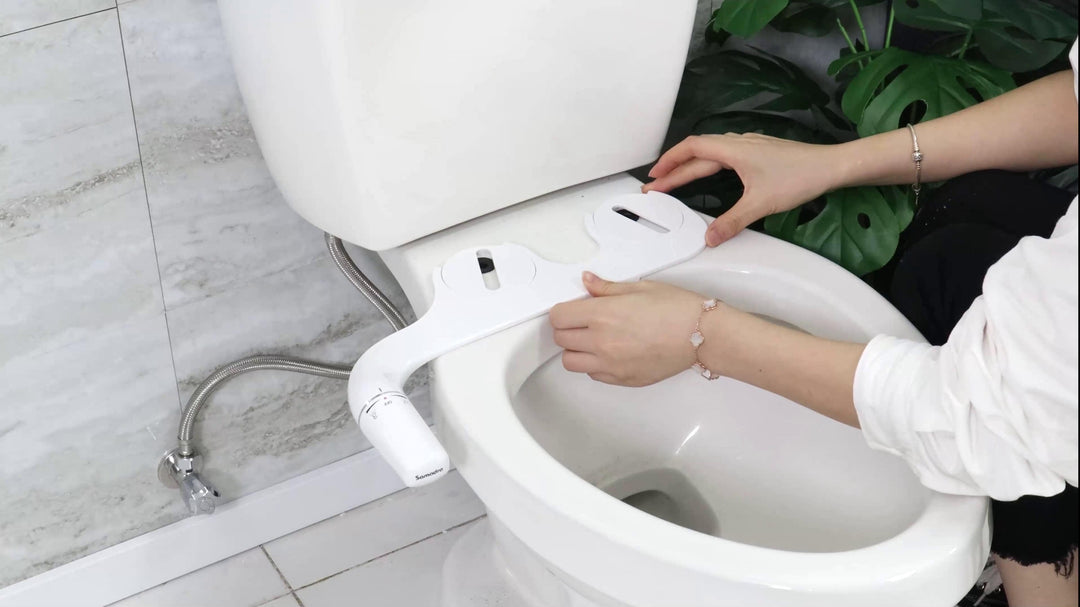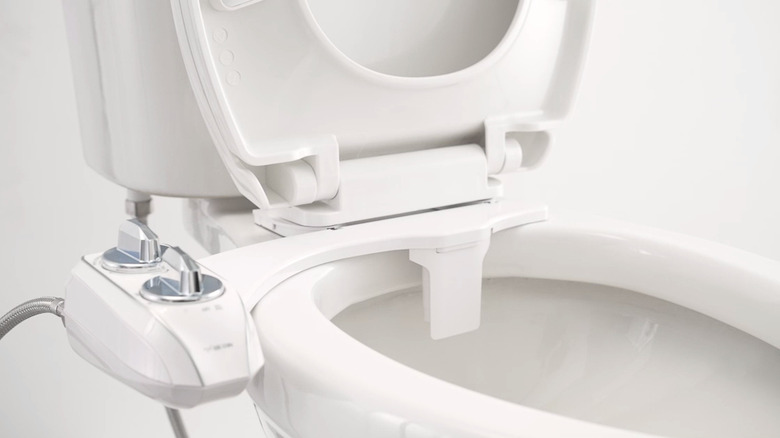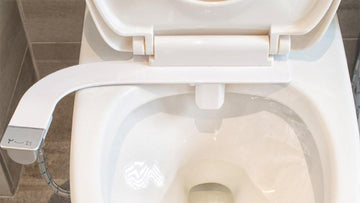The rising popularity of bidets across households has brought a fresh wave of conversations about their benefits and potential downsides. Among the concerns, one question that stands out is: can bidet cause plumbing leaks? As more people consider installing bidets in their homes, understanding the possible implications on plumbing systems becomes essential.
While bidets are praised for their eco-friendly and hygienic advantages, they also require a connection to your homes water system. This connection can sometimes lead to questions about the potential for leaks, especially if not installed correctly. So, lets delve into how bidets interact with plumbing systems, and what can be done to minimize any risks.

Understanding Bidet Installation
There are various types of bidets, including standalone units and bidet attachments for existing toilets. Each type has its own installation process, typically involving the attachment of hoses and fittings to the existing water supply. This is where the potential for leaks can come into play.
Proper installation is crucial. If the fittings and hoses are not secured properly, or if they are of poor quality, you may face leaks over time. Additionally, incorrect handling of plumbing components during installation can lead to damage or misalignment, increasing the risk of leaks.
For those considering a bidet, its advisable to consult with or hire a professional plumber. This ensures that the installation process adheres to all plumbing standards and minimizes the risk of leaks. You can learn about adding a bidet to any toilet here.
Common Causes of Bidet-Induced Leaks
Several factors can contribute to leaks when a bidet is installed:
- Poor Quality Materials: Using inferior hoses and fittings can lead to wear and tear, causing leaks.
- Improper Installation: Incorrect installation techniques can damage pipes or fail to seal joints properly.
- Water Pressure Issues: High water pressure can stress fittings and hoses, leading to leaks.
Understanding these factors is key to preventing plumbing issues. In addition, regular maintenance and checks can help catch potential problems early. For insights on how a bidet works in different climates, check out this article.
Preventive Measures for Bidet-Related Leaks
To prevent plumbing leaks when installing a bidet, consider the following steps:
Choose Quality Products
Invest in high-quality bidet models and components. Ensure that the hoses, valves, and fittings are made from durable materials that can withstand regular use and water pressure.
Professional Installation
As mentioned earlier, hiring a professional plumber can significantly reduce the risk of leaks. A professional will ensure that all connections are secure and that the system is installed according to the manufacturers specifications.
Regular Maintenance
Conduct routine inspections of the bidet plumbing components. Look for signs of wear, loose connections, or water accumulation. Address any issues immediately to prevent extensive damage.
For more detailed guidance on maintaining bidets, consider reading resources such as BioBidets guide.
Dealing with Plumbing Leaks
If you suspect a leak, its important to act quickly to prevent water damage. Here are steps to take if you notice any signs of leaking:
- Turn off the water supply to the bidet immediately to stop further leakage.
- Inspect the connections and hoses for visible damage or misalignment.
- Consider calling a professional plumber to assess and repair the issue efficiently.
Understanding the cost implications of bidets versus traditional toilet paper can also inform your decision on choosing a bidet. You can explore this in more depth here.
Conclusion
While the question can bidet cause plumbing leaks is valid, with proper installation and maintenance, the risks can be effectively minimized. Bidets offer numerous benefits, from environmental perks to improved hygiene. With careful consideration and professional guidance, you can enjoy these advantages without compromising your plumbing system.

FAQs
Do bidets use a lot of water?
Bidets generally use less water compared to traditional toilet flushing. For insights on water usage, explore this resource.
Can I install a bidet myself?
While its possible to install a bidet yourself, hiring a professional is recommended to ensure proper installation and to reduce the risk of leaks.
What should I do if my bidet leaks?
Immediately turn off the water supply and inspect the connections. If necessary, contact a professional plumber to address the issue.
This article contains affiliate links. We may earn a commission at no extra cost to you.






